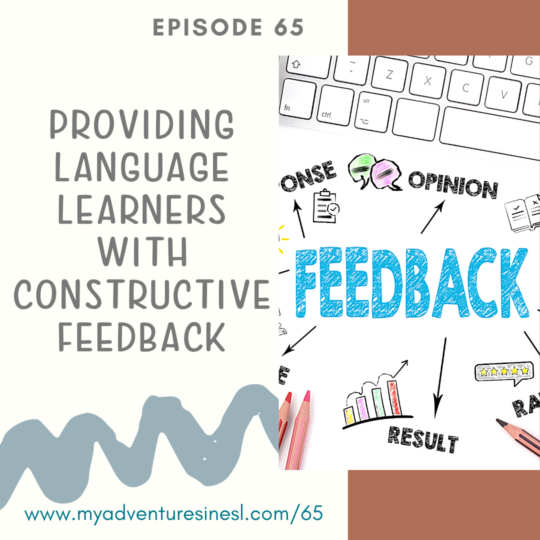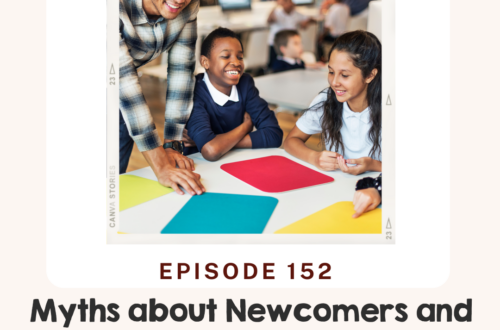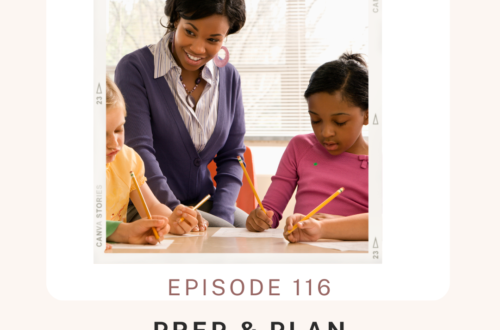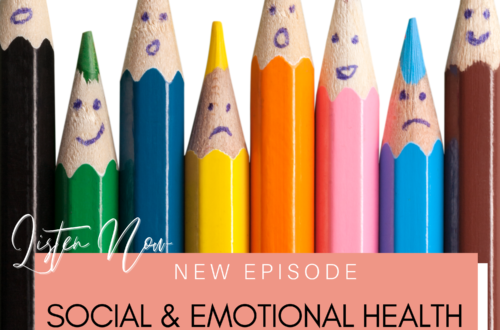
Language Learners Benefit from Constructive Feedback
Would you like to download a copy of this episode’s transcript? Simply click here for the download.
Hello Educators! This year I want to switch it up and start asking you a weekly reflection question. After hearing the question, take a moment to think and jot down your answer.
I know some of you are listening to this on the go or possibly reading this in passing. I would still like you to take five minutes and reflect. This can have a huge impact on your teaching.
Here is our weekly reflection question: Am I providing constructive feedback for my Language Learners? Take some time to think about the question. I want to push you to go beyond a yes or no answer. Think about examples from your classroom and next steps you can implement.
So many students are used to receiving “Great job” or “Good” or “A+”. These are all positive, but I am a strong believer that providing detailed and constructive feedback will push students to the next level. This may surprise you but vague feedback can be very common in the classroom. In my opinion, vague feedback promotes dependence and does not move the students to the next level in their language journey. I would like to add that being independent does not equate to the students not coming to you for help. There can be a balance of both in your classroom.
I can remember buying tons of cute feedback stickers from the dollar store and couldn’t wait to sticker them all over my students work. I just knew they would be as excited as I was to see those positive stickers. I started using the glitter feedback stickers, but I noticed something striking. Students were still not putting their names on papers. They were still not making improvements on their writing. Students were still not using the rubrics provided or editing the work with a partner. Initially I was confused and was thinking, “Well I put this beautiful on their paper. Should I be doing something different?”
It took some time but I realized that I had to go beyond the stickers. I wanted the students to be independent and that required specific feedback. I still put stickers on the students paper, and I explained in detail what I need them to improve upon and why. I always found a way to highlight their strengths as well. Over time I noticed that my students started to become more independent and I saw growth. After consistent feedback, students began to use their rubrics. They also started utilizing the feedback that was provided to them on the assignments. Even more so, students became confident. It was such a delight to see them take the feedback step into confidence.
Using constructive feedback can benefit you and your Language Learners. First, students can use the feedback to grow to the next level. This can help them exit the program and improve their skills in the four domains of language. Second, constructive feedback allows you and the students to focus on needed skills. It can also foster independence with the students.
Here are your next steps:
- Take 5 minutes to answer the reflection question: Am I providing constructive feedback for my Language Learners?
- Take steps this week to start providing constructive feedback to your Language Learners.
- Join our Facebook community (Adventures in ESL) and share how you are providing constructive feedback with your Language Learners.
What are your favorite ways to provide constructive feedback to your Language Learners? Share below in the comments.




